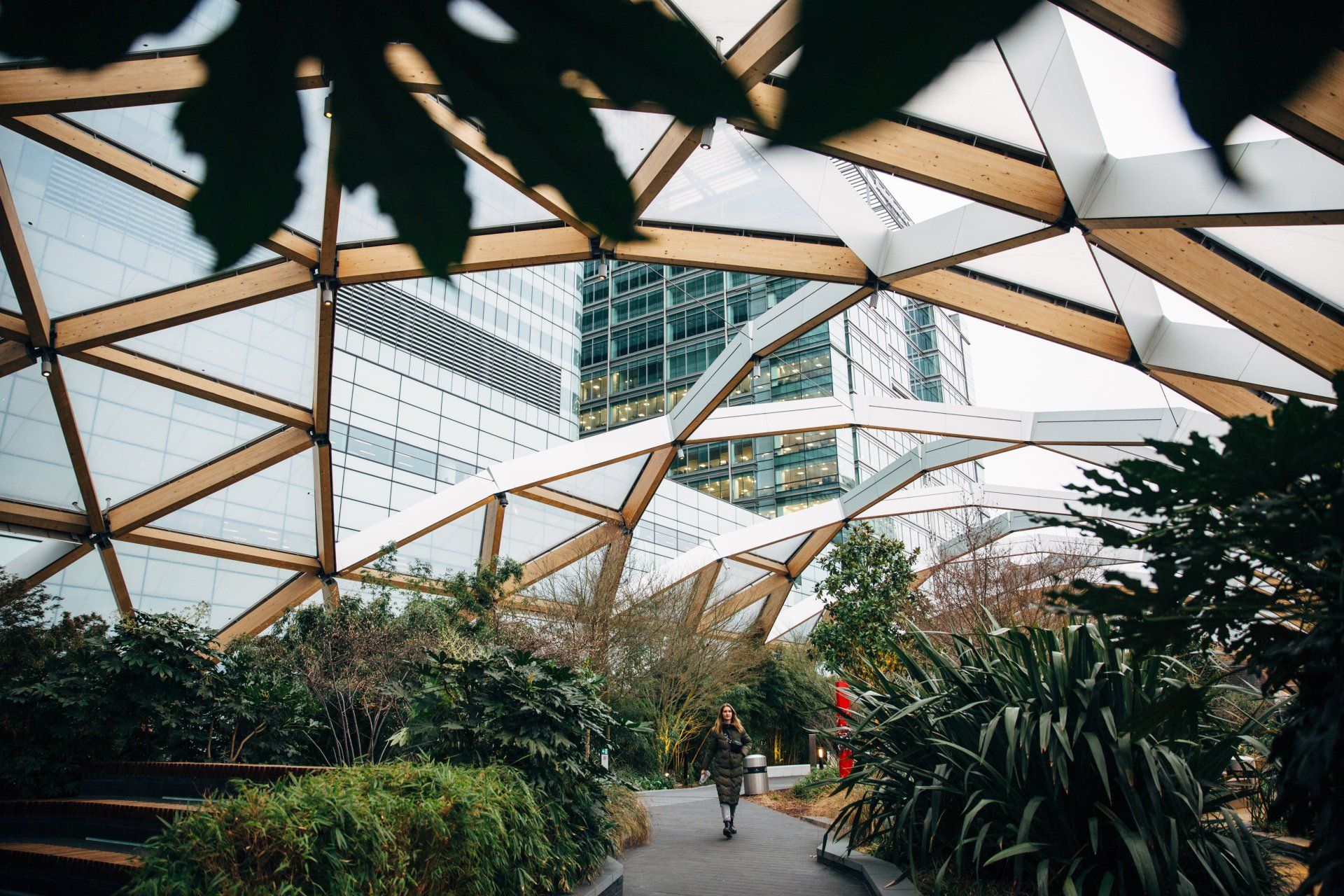New research from Triodos Bank suggests nearly 67% of the public think the planet is in the worse shape it has ever been, and that the world needs to take immediate action in the next 12 months to tackle the climate emergency.
Greener global future
This research also indicates that six out of ten Brits believe that 2021 will be a pivotal year for building a greener global future.
Bevis Watts, Chief Executive Officer of Triodos Bank UK, “It’s brilliant to witness a swell of environmental optimism in the UK, and that millions of people are looking at how they can do their bit to join the global community in taking climate action and protect the environment.
US to re-enter Paris Agreement
Following the pledge of the President-elect Joe Biden to tackle the climate emergency, 60% of people believe that the US re-entering the Paris Agreement on climate change will have a positive effect on the planet. With almost half of the people in the UK also thinking President-elect Biden’s win has made them more hopeful about the future of the planet.
Greener lifestyle
The findings of the survey of 2,000 adults, conducted by Opinium Research, also showed nearly 38% of the public plan to do their bit to live a greener lifestyle in 2021. Nearly half of the respondents say they know they should be doing more to be environmentally friendly, while more than a third admit to feeling guilty about their carbon footprint. Brits intend to boost their energy-saving efforts in 2021, according to the survey.
How can businesses help address climate change?
Your business can help fight climate change by reducing emissions with our green products and services, including our green energy plan and electric vehicle workplace charging.




